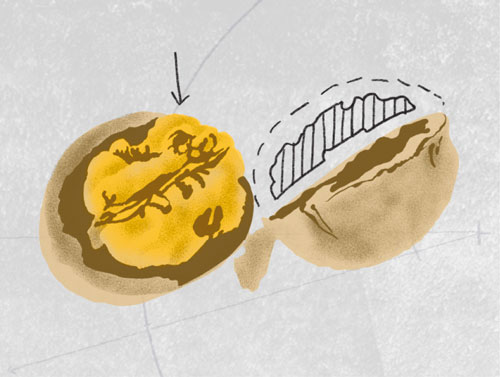Food as medicine” may be an emerging concept in the Western world but has existed for centuries as the cornerstone of health for many cultures around the globe. However, the role of diet and food in disease prevention and management compared to conventional medicine has been questioned. This Honest Nutrition feature explains the benefits and limitations of a “food as medicine” healthcare approach.
The fact that diet can impact an individual’s health is well acknowledged by healthcare providers worldwide. People who have access to adequate nutrition are more likely to have strong immune systems, safer pregnancy and childbirth, lower risk of diabetes and cardiovascular disease, and they live longer. The reasons for this are myriad, complex, and not yet well understood. Some research has shown that a diet rich in added sugars, saturated and trans fats and excess sodium may induce chronic inflammationTrusted Source — an underlying risk factor in the development of heart disease, type 2 diabetes, poor gut health, and other chronic diseases.
Likewise, the American Heart AssociationTrusted Source recently made diet and lifestyle recommendations that included a diet rich in fruits, vegetables, whole grains, legumes, low-fat dairy, and plant-based or lean animal protein to support cardiovascular health. Experts think that this diet supports good health through its potential to reduce harmful risk factors of cardiovascular disease, including inflammation, elevated cholesterolTrusted Source, high blood pressure, and poor sleepTrusted Source.
The World Health OrganizationTrusted Source (WHO) also links nutritional status to immune health. Furthermore, research also shows that carotenoids — antioxidants naturally found in some vegetables and fruits — in the diet can improve the blood metabolites of people with liver diseaseTrusted Source. Decades of scientific findings support the integral role of diet in health managementTrusted Source, which should not be understated.
Some dietsTrusted Source that may bring health benefits include the Mediterranean dietTrusted Source, dietary approaches to stop hypertension (DASHTrusted Source), and the U.S. Department of Agriculture (USDA) Healthy Eating MyPlate approach. There is no single definition of the “food as medicine” concept, but it generally refers to prioritizing food and diet in an individual’s health plan, with the goal of either preventing, reducing symptoms of, or reversing a disease state.










